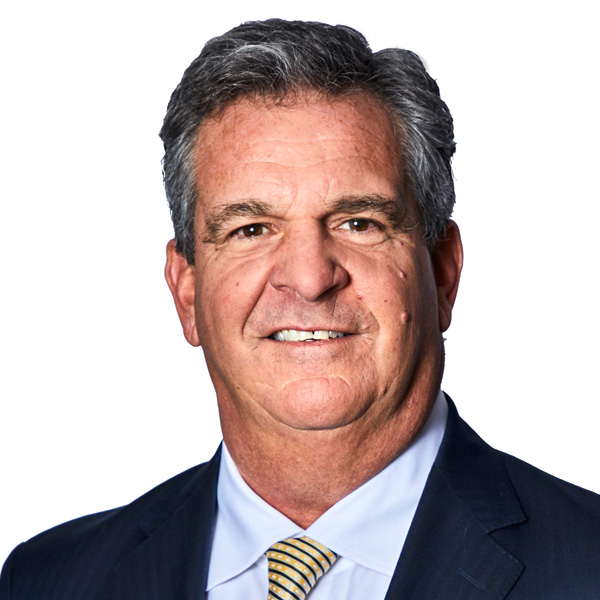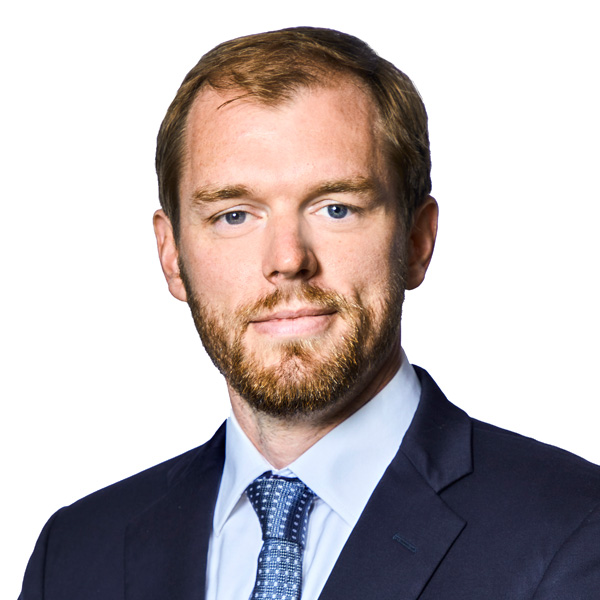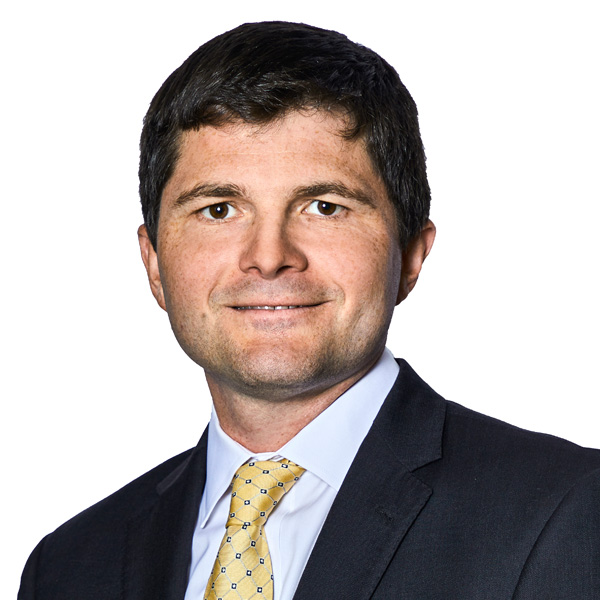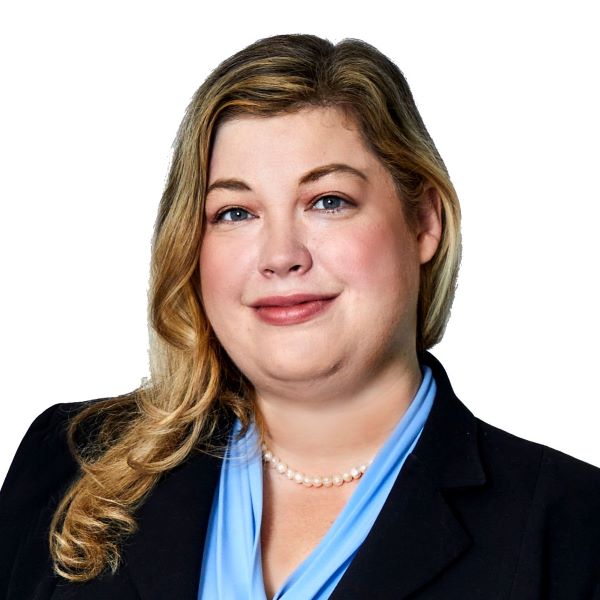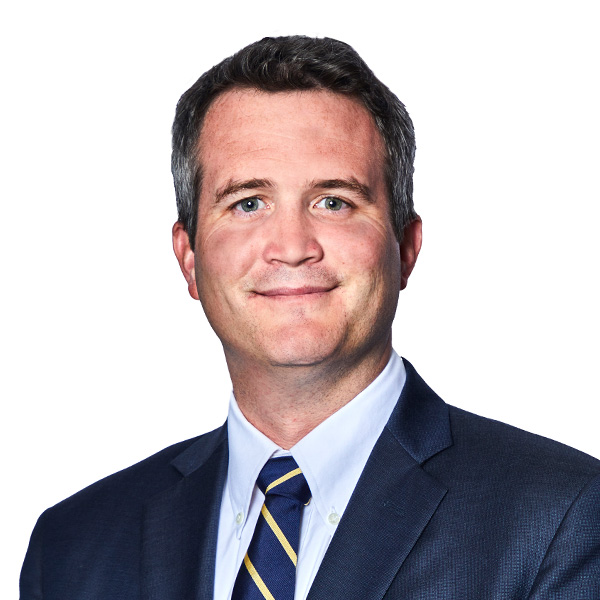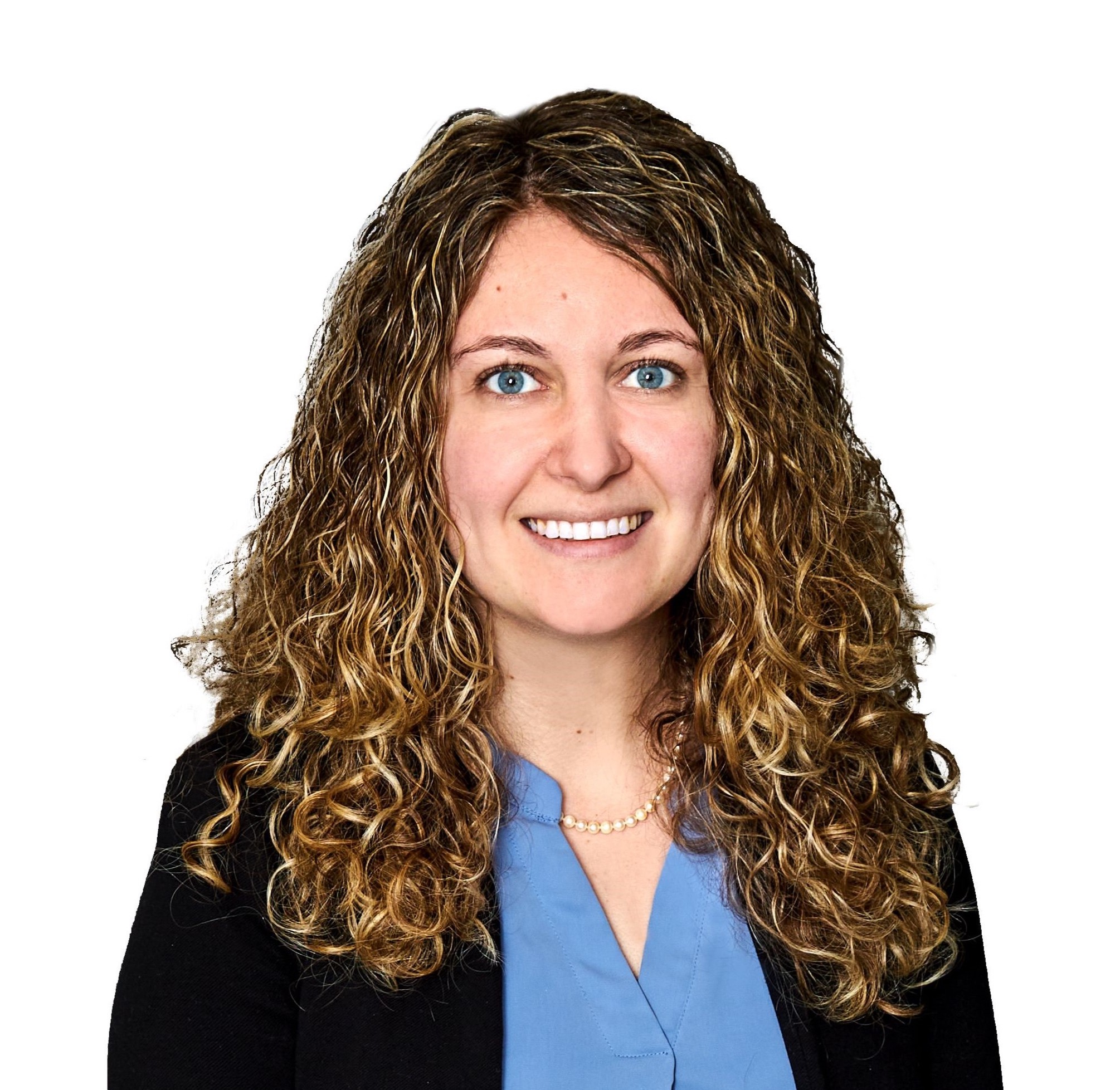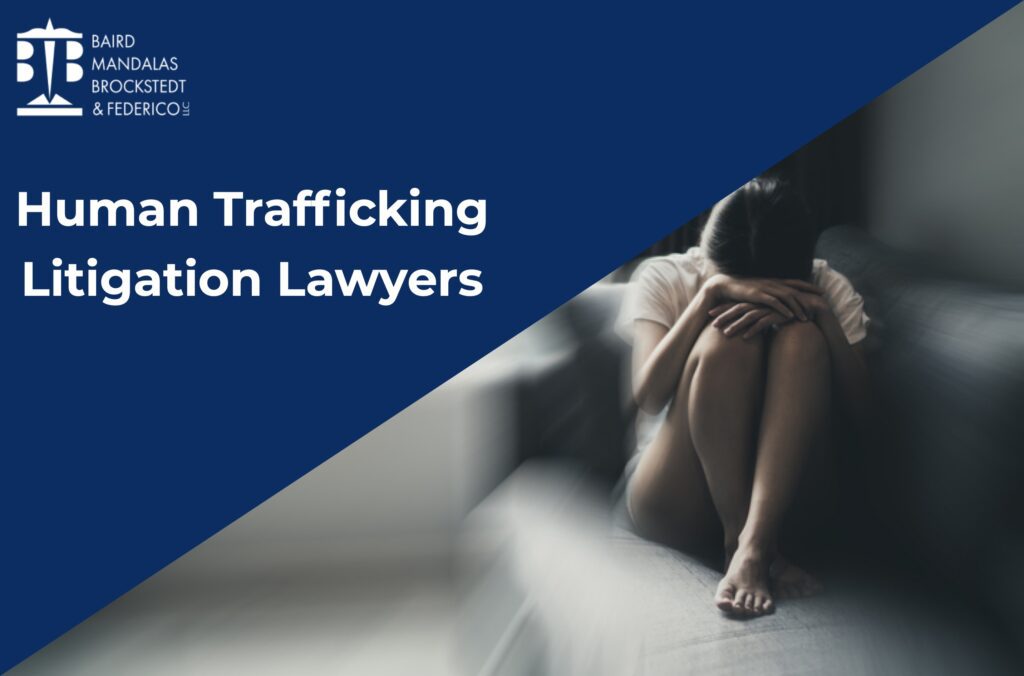
Human trafficking is one of the fastest growing criminal enterprises, estimated to be a $150 billion a year global industry.
According to the International Labor Organization, approximately 40 million people globally are victims of human trafficking, including potentially hundreds of thousands in the United States.
The American hotel industry’s prioritization of profits over victims has allowed human trafficking to thrive domestically. Furthermore, various sectors such as airlines, truck stops, and websites generate millions of dollars in profits each year by facilitating modern-day slavery.
BMBF is currently investigating human trafficking claims in Maryland related to a woman who is accused of sex trafficking almost a dozen women in Anne Arundel, Baltimore, and Washington counties.
Our team of experienced, compassionate attorneys is committed to helping hold those responsible for these heinous crimes fully accountable.
If you have been a victim of human trafficking, contact our team to discuss a legal path forward.
What is Human Trafficking?
Human trafficking, also known as modern-day slavery or trafficking in persons, involves exploiting individuals through force, coercion, or fraud to compel them into labor or services.
This can occur in various settings such as domestic work, factories, construction, and the hospitality industry, affecting people of any age, race, gender, or socio-economic status.
The United States recognizes two primary forms: forced labor and sex trafficking, both defined by specific acts, means, and purposes. Forced labor includes domestic servitude and child labor, while sex trafficking encompasses the commercial sexual exploitation of adults and children.
Human Trafficking and Commercial Businesses
Various businesses like hotels, airlines, truck stops, and websites, profit significantly from modern-day slavery, with the hospitality industry being a major hub for commercial sex trafficking.
To profit from trafficking, perpetrators rely on businesses to transport, hide, and accommodate the victims, with hotels and motels often being used for sexual exploitation.
The Trafficking Victims Protection Reauthorization Act (TVPRA) of 2008 prohibits entities from knowingly engaging in trafficking ventures, establishing a duty of care to detect and avoid such participation.
It broadened the definition of forced labor, imposed liability for fraudulent recruitment of foreign workers, and increased penalties for trafficking conspiracies, enabling trafficking victims to hold businesses accountable and recover damages through civil claims.
The TVPRA also requires the establishment of policies to combat trafficking within businesses, including the hotel industry, aiming to prevent and combat human trafficking more effectively.
Who Can File a Lawsuit?
In the past, survivors of human trafficking faced limited legal options, as prosecuting human traffickers in criminal proceedings was challenging due to the covert nature of the crime and the difficulty in providing sufficient evidence.
However, trafficking survivors now have additional legal recourse because they can file lawsuits against commercial entities that facilitate or profit from trafficking. Federal and state laws allow survivors to seek monetary damages from businesses that financially benefit from their exploitation.
If you or a loved one has been a victim of human trafficking, contact our team to discuss a legal path forward.
Why Choose BMBF?
When you retain the lawyers at Baird Mandalas Brockstedt & Federico, you are retaining a sophisticated, experienced, and well-resourced team of attorneys who are dedicated to achieving justice for you.
Our highly renowned counsel has built a reputation for standing up to major corporations and delivering impactful results for our clients. We have a long and successful history of representing survivors of abuse in a variety of litigations.
